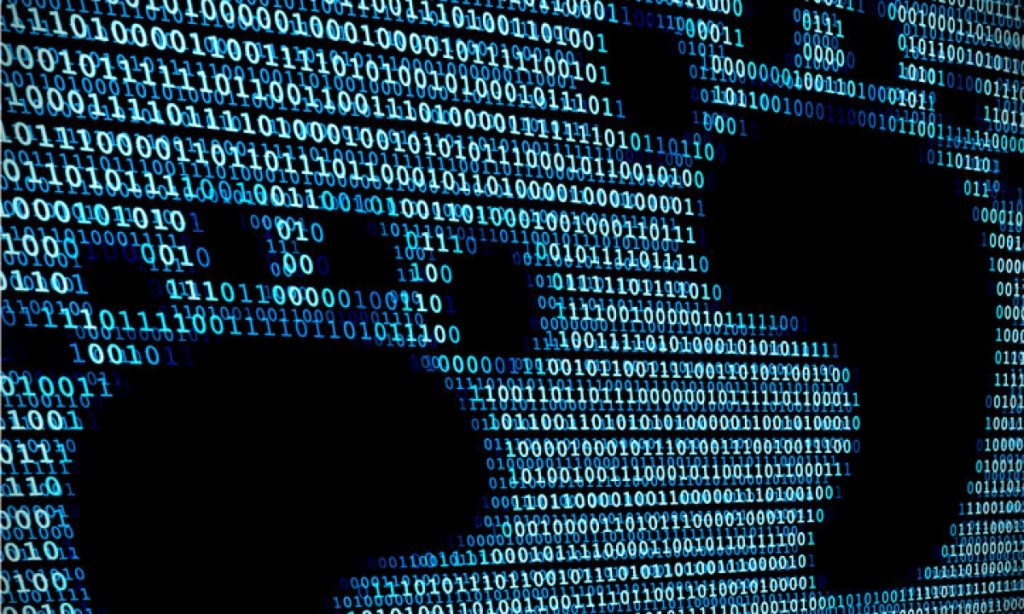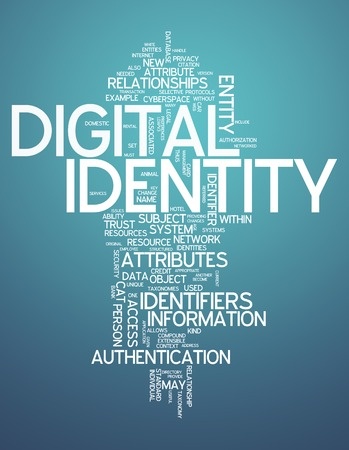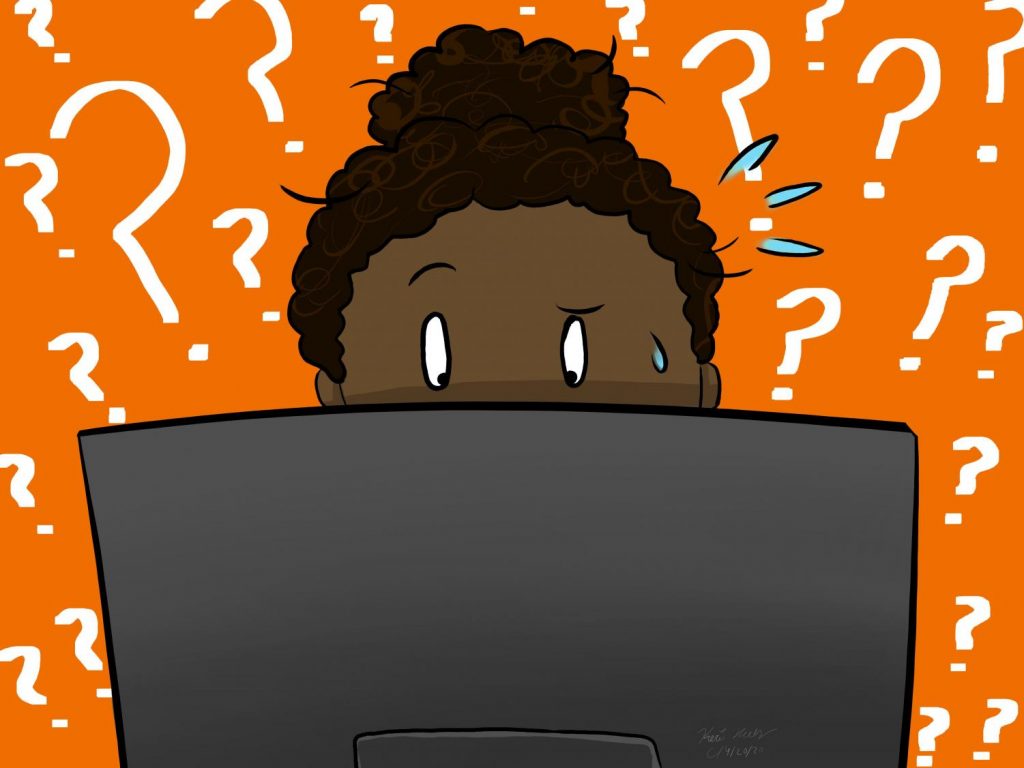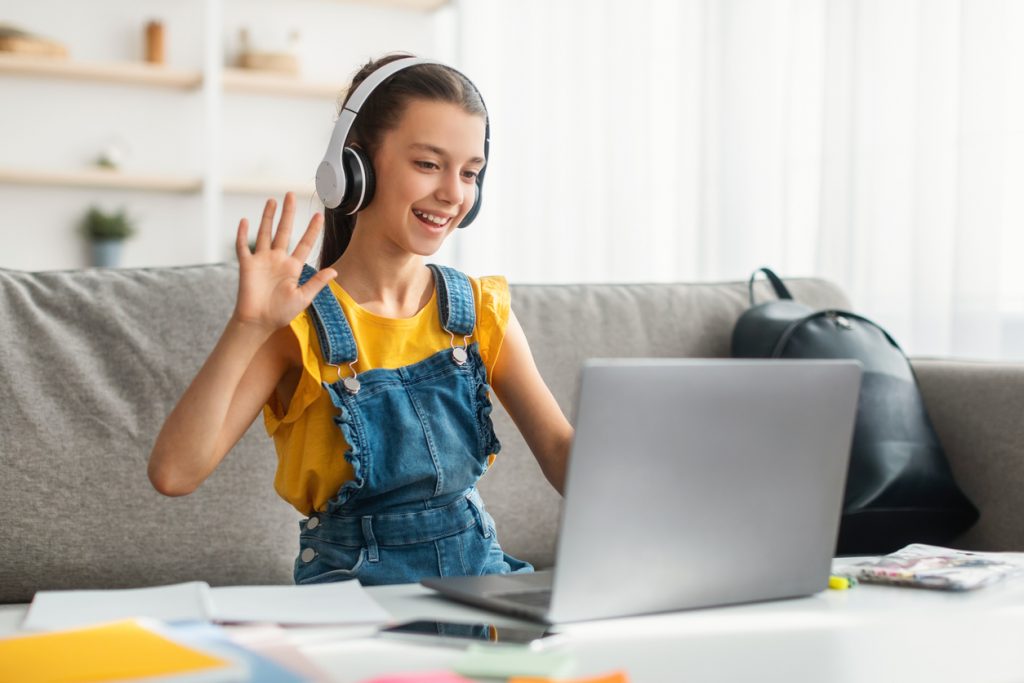# Debate 7 & 8
# Debate 7 (Educators and schools have a responsibility to help their students develop a digital footprint)
Digital Footprint is the information that exists on the internet about a particular person. It is the record of all the interactions one has had including the comments posted, movies watched, songs or videos played and even the conversations done with our friends. Our students live in an online world. We as educators are adapting to this change in our classrooms. With advancements and change, the responsibilities of educators have also increased. We as educators are expected to have the responsibility to help our students create a positive digital footprint. I agree with the arguments made by Rae and Funmilola that as educators it is one of our many responsibilities to guide students about what digital footprints are and how they should protect their identities online as that can jeopardize their employment potential.

An amazing video shared by the agree team was Teaching students about digital footprints and digital citizenship. It has provided a lot of information about how students can get caught into the trap of the internet and can share stuff online that they would regret in the future. I feel it is imperative to teach students about how to create digital footprints and what effects they can have on their life. They might find something funny today but may not find it the same 10 years later. But unfortunately, it is there and it will be there forever. This knowledge should be provided to every child from the time they start using media. I still get notifications on my Facebook about a post or picture I posted 8-9 years ago that I feel stupid about now. Nobody was there to teach me as a child about what digital footprints are and how they are going to affect my future.
However, educators today are concerned about it. We are having debates on it. But does that mean that educators and schools have the sole responsibility of developing digital footprints? I feel that Creating digital footprints is a wider concern and not just educators or schools but society, and the community as a whole should be held responsible for this. Parents, guardians, and students have a responsibility to limit the amount of data their digital footprint creates. They should use caution when using digital spaces, such as social media, and limit the amount of data they collect. This will help limit the risk of digital exploitation, which is when the digital footprints can be used to learn things about them that they may not have wanted to be known.

There should be more rules placed by the government and rules and regulations should be enforced. The curriculum should also be developed under which Digital Citizenship should be a mandatory subject. And digital Footprint will automatically follow that. Teacher training, however, is not adequate for effectively reinforcing this learning in the students. As a result, students are unable to effectively create digital footprints. This is a problem for society today and will only get worse as time goes on. The government needs to act now to prevent society from being damaged even further.
At last, I feel teachers have very minimum control over the usage or activities a child has on the internet. Also, many times kids already have a previous digital footprint made before he/she enters the school environment. That is due to the lack of knowledge of parents. They post pictures or videos of their kids online without having proper knowledge about it. We as educators can control the classroom environment. But what after that? What a child does when he is home or not under the supervision of an adult, those are uncontrolled situation. We as educators can guide our students about it. But ultimately, it is their responsibility to understand what they do on the internet is creating their digital identity and so they should use that wisely.
# Debate 8 (Online education is detrimental to the social and academic development of children)
The last topic of the Great Ed Tech Debate was the very phrase that almost all teacher educators have had the experience of due to the pandemic. Online Education. Is it the education that we had during the time of the pandemic? We can not particularly call that online education, it was more like emergency education, with no preparations or training. It was a chaotic situation. Online education has various pros and cons as discussed by both the teams during the debate.
Britney, Kayla, and Colton highlighted various drawbacks of online learning. Financial aid is the major problem faced by students while attending online classes. Availability of devices and high-speed internet connection is a major concern and are basic needs while attending online classes. Other than these basic needs, there are other issues that one should address before jumping onto online education.

- Children with families who are not tech-savvy often had to see a backlash in online learning.
- Face to Face interaction lacks in online learning.
- Children hide behind the screen and hence it gets difficult for teachers to evaluate or understand students’ needs.
- Children lack a social environment.
- Many children who are not able to understand the technical devices often lack understanding of the concepts.
- Mental Health issues like fatigue, mental exhaustion, stress, and anxiety are often seen in students due to the time spent by them on the screen.
- Children often procrastinate as they do not have a set deadline to meet with.
- Children lack the understanding of qualities like TeamWork as they are attending the classes alone.
- Specific skills-based education can not be accomplished online, as it requires physical training such as science experiments and welding.
I agree with all the disadvantages that are there in online learning. However, most of these came into knowledge after the online learning done during the Covid-19 Pandemic. The education went online for 3 months in Canada, if we talk about developing or underdeveloped countries, the situation was even worse. Not just the education was online for more than a year, but the children did not have devices to take classes. Moreover, the government also fails to provide adequate devices for students to attend the classes. It was a very difficult situation for the lower middle class and poor people. Many students were unable to attend the classes for a straight year as parents could not afford the high cost of internet and devices and were also facing the financial crunch as many lost their jobs along with a deadly pandemic going on.
However, we should not forget that the Pandemic was a situation of crisis. Despite all these drawbacks, there are many advantages of online learning as well as pointed out by Arkin, Kat, and Chris in their intro video.
- Online learning is flexible and can be done depending upon the availability of the educator and the learner.
- It is accessible from anywhere in the world. You just need your device and internet connection.
- It encourages customized learning where lessons can be planned depending on individual needs and interests. One can learn at their own pace.
- It is more affordable compared to traditional schooling.
- It is the best alternative for students who do not feel confident enough in the school environment as students can learn from the comfort of their homes.
- It is a family dynamic. Students who travel a lot either due to the work of their parents or for leisure can attend the classes from anywhere.
- It is the best solution for children with disabilities as many assistive tech devices work best with the online learning platform.

Several arguments were made during the debate wherein parents felt pressure during their children’s online lessons during the pandemic. Choice online learning, however, is better than emergency or forced online education. Online lessons are a great alternative if they are planned properly and taken at the student’s request. It was impressive to hear that this form of learning can be done collaboratively with traditional learning and would be most effective in a controlled environment.
Ultimately, I believe online learning is a choice that students should be able to make. Parents and students must decide if they want to switch to online learning platforms. It is not detrimental to the social or academic development of students. When carefully planned, it can be advantageous in many ways, and children can still excel academically and socially.
Thanks for reading.